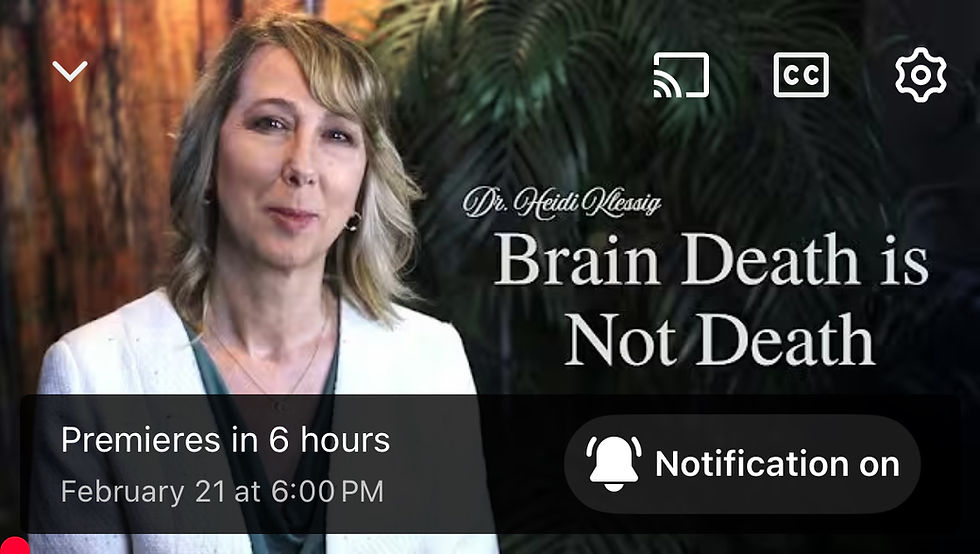The RUDDA is Tabled!
- Respect for Human Life

- Sep 22, 2023
- 2 min read

Great news! The Revised Uniform Determination of Death Act (RUDDA) has been tabled, at least for now. Here is the official announcement:
Sent on behalf of Committee Chair Sam Thumma, Vice Chair Eric Weeks, and Reporter Nita Farahany
All,
In consultation with ULC leadership, and based on feedback from the first reading and our efforts to date, we have decided to pause the rUDDA effort. The result of this pause is that, although we will continue to hope mid-level principles will become apparent, no further drafting committee meetings will be scheduled at this time. We will continue to monitor developments in this area, and if we see promising signs of a possible path forward toward a widely enactable revised act, we can then reassess having the committee resume its work.
Thank you, so much, for your commitment to this important and challenging effort.
Samuel A. Thumma, Committee Chair
Eric Weeks, Committee Vice Chair
Professor Nita A. Farahany, JD, Ph.D., Committee Reporter
Congratulations and "thank you" to all of you who kept the pressure up against this disastrous proposed legislation that would have made people with partial brain function legally “dead”.
Unfortunately, as you can see from the announcement above, this issue is not going away. This is only a stay of the drafting committee’s work. So, we will continue raising public awareness about the fact that “brain death” is not death.
To that end, we have a new book coming out in October 2023, The Brain Death Fallacy. It is semi-technical and aimed at the reading public. It starts with the history of “brain death” from its utilitarian beginnings: le coma depasse’, the Ciba Symposium, and the Harvard ad hoc Committee’s redefinition of irreversible coma as death. It covers the 1981 President’s Commission’s Defining Death report and the UDDA, reviews the serious scientific challenges to the concept of “brain death”, and discusses the 2008 President’s Council on Bioethics white paper Controversies in the Determination of Death. The book also goes over the cases of Zack Dunlap, Jahi McMath, and Aden Hailu; explains global ischemic penumbra (GIP) and why persistent functioning of the hypothalamus may be a marker for possible recovery in the brain-injured patient. The book closes with a review of the recent push for the RUDDA and gives action points to protect against such abuses in the future. More details soon...
Again, our thanks go out to all of you for writing and speaking against the RUDDA. This is a tremendous achievement.
Christopher Bogosh RN
Heidi Klessig MD



Comments